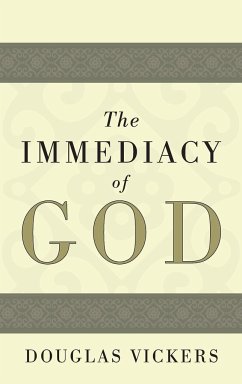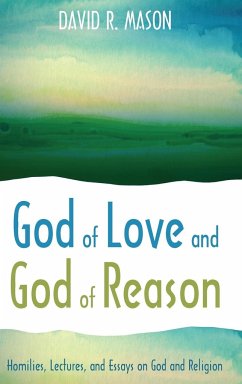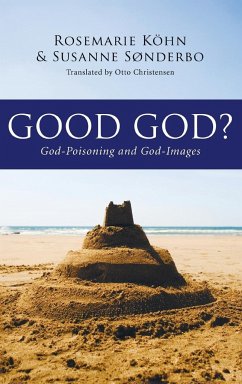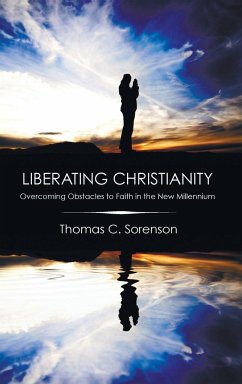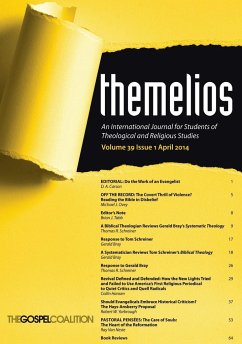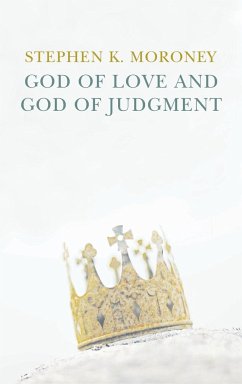
God of Love and God of Judgement

PAYBACK Punkte
17 °P sammeln!
How can a God of love also be a God of judgment? If God loves everyone, what is the point of judgment? Does God change from being wrathful in the Old Testament to loving in the New Testament? Can we discern God's judgments in current events, such as hurricanes and personal tragedies? Is it ever right for humans to judge? These are not just daunting issues for theologians to ponder. They are urgent questions for everyone. Our answers profoundly affect how we relate to God and how we live with one another. Coming to grips with these issues is vital for our spiritual journeys. Many people today e...
How can a God of love also be a God of judgment? If God loves everyone, what is the point of judgment? Does God change from being wrathful in the Old Testament to loving in the New Testament? Can we discern God's judgments in current events, such as hurricanes and personal tragedies? Is it ever right for humans to judge? These are not just daunting issues for theologians to ponder. They are urgent questions for everyone. Our answers profoundly affect how we relate to God and how we live with one another. Coming to grips with these issues is vital for our spiritual journeys. Many people today emphasize God's love and downplay his judgment. The problem with this approach is that God's judgment is taught in Scripture from the beginning of Genesis to the end of Revelation, and it is a core part of the gospel preached by Jesus and his apostles. There are problems at the other end of the spectrum too, when we believe in a God of judgment who is not also a God of love. It is impossible for us to find spiritual peace when we live in constant dread of God, pictured as a harsh judge whom we can never please. This book calls us to embrace a more full, biblical image of God--one that joins his love and judgment together. Additionally, the book shows that, as those who are made in God's image, we can fuse love and judgment together constructively in our own daily lives.






